¿Quién soy?

¿Qué es "artista"?
Activity pictured below
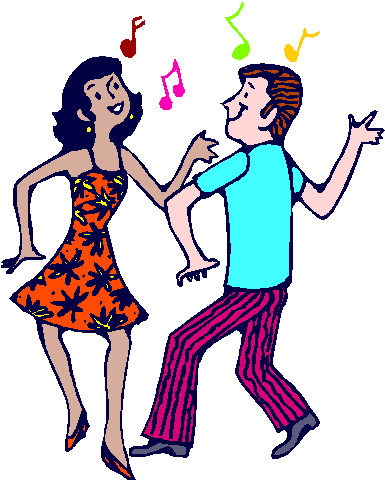
¿Qué es "bailar"?
Complete the statement below with the word that is missing:
A mí me _______ jugar al béisbol.
¿Qué es "gusta"?
¿Cómo se dice "I am" en español when stating your identity?
¿Qué es "Yo soy or Soy"?
Fill in the blank with "I speak" in Spanish:
________ ruso, inglés, y francés.
¿Qué es "Yo hablo / Hablo"?
¿Qué significa también?
¿Qué es "also / too"?
¿Cómo se dice "friend" en español?
¿Qué es "amigo/a"?
"to run" en español.
¿Qué es "correr"?
¿Cómo se dice "¿Te gusta hacer ejercicios?" en inglés?
¿Qué es "Do you like to exercise? / Does exercising please you?"?
¿Cómo se dice esta pregunta en inglés?
¿Eres tú buen amigo?
¿Qué es "Are you a good friend"?
Find the error in the question below:
¿Cuál es tu favorito deporte?
¿Qué es "favorito deporte should be deporte favorito"?
If I say to someone "¡Qué pena!" am I reacting with happiness, surprise, or sadness?
¿Qué es "sadness" because it means "What a shame!"?
¿Quién es el chico y quién es la chica?
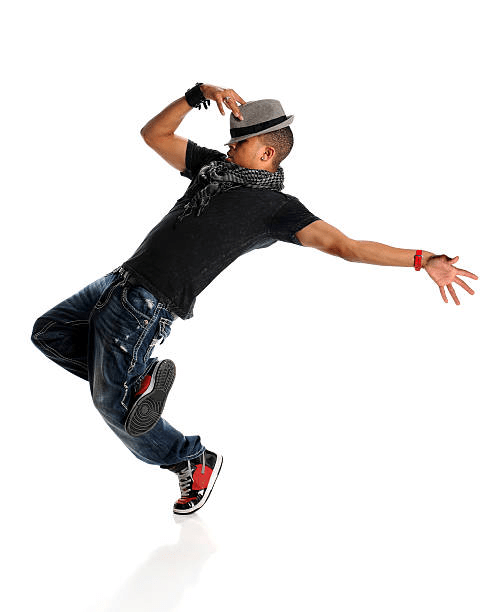
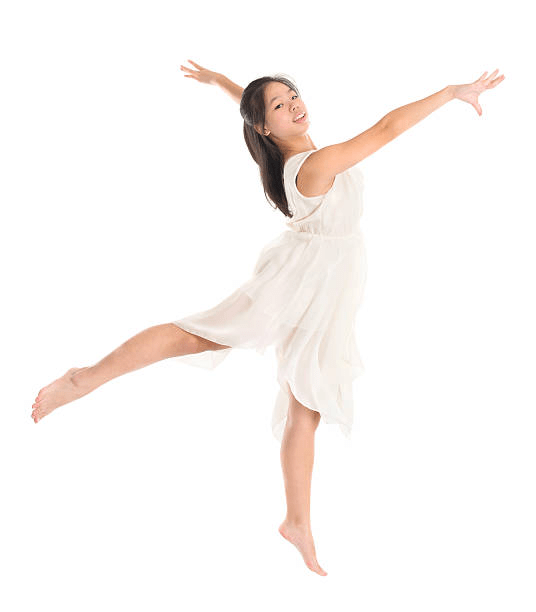
¿Qué es "el bailarín y la bailarina"?
Finish the statement below with the appropriate activity:
"Soy ciclista. Me gusta _____ ___ _________.
¿Qué es "'andar/montar en bicicleta'"?
Find the error in the statement below:
Yo me gusta tomar fotos.
¿Qué es "yo should be a mí"? Thus, the statement should read: A mí me gusta tomar fotos.
Fill in the blanks with the proper singular forms of the verb ser: soy, eres, es:
David ____ atleta, pero yo _____ artista. ¿_____ tú atleta o artista?
¿Qué es "es, soy, eres"?
David es atleta, pero yo soy artista. ¿Eres tú atleta o artista?
Answer this question in a complete sentence in Spanish:
¿Qué lenguas hablas?
¿Qué es "Hablo [answers vary]"?
Which of the following statements was made to get this response:
"A mí tampoco."
A) Me gusta leer.
B) No me gusta jugar al baloncesto.
B) No me gusta jugar al baloncesto.
(Because "A mí tampoco" means "me neither" and that is a logical response to "I do not like to play basketball" and it would be an illogical response to "I like to read.")
Complete the statement below with the most appropriate identity:
Yo soy ___________ porque me gusta jugar al fútbol.
¿Qué es "futbolista"?
Complete each statement below in less than 60 seconds.
Soy profesora porque me gusta ___________.
Soy cantante porque me gusta __________.
Soy voluntaria porque me gusta ________ .
¿Qué es "enseñar, cantar, ayudar"?
Find the TWO errors in the statement below:
No me gusto trabajar y hacer la tarea.
¿Qué es "(1) gusto should be gusta. (2) y should be ni"?
Find the error in the statement below:
Yo soy estudiante en Hoover, y Sara estudiante en Hoover también.
¿Qué es "es is missing after Sara"?
Yo soy estudiante en Hoover, y Sara es estudiante en Hoover también.
Answer this question in a complete sentence in Spanish:
¿Cuál es tu deporte favorito?
¿Qué es "Mi deporte favorito es [answers vary]"?
Give the masculine version of each of these female identities in under 60 seconds:
fotógrafa, actriz, bailarina, escritora, poeta
¿Qué es "fotógrafo, actor, bailarín, escritor, poeta"?
Name 5 identities from your 1.1 vocabulary list that are the same word for males or females in 60 seconds.
¿Qué es "artista, atleta, cantante, ciclista, estudiante, futbolista, gimnasta, guitarrista, poeta"?
Identify the FIVE activities from your list in Spanish in less than 50 seconds.



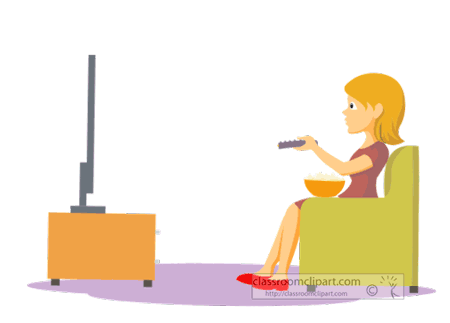


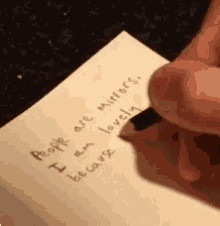
¿Qué es leer, dibujar, escuchar música, mirar películas (la tele), comer, tocar la guitarra (instrumento), escribir poemas"?
¿Cómo se dice "I really like to practice sports" en español?
¿Qué es "Me gusta mucho practicar deportes"?
In what context do you use estoy to say "I am" and in what context do you use soy to say "I am"?
¿Qué es "I use estoy to express how I am feeling (or where I am) and I use soy to express who I am"?
Answer these questions in a complete sentence in Spanish:
¿Cuántas lenguas hablas y cuántos deportes practicas?
¿Qué es "Hablo [number] lenguas y practico [number] deportes"?
What is missing in the statement below:
Soy atleta, no soy futbolista.
¿Qué es "pero is missing after the comma because it is two contrasting statements and pero means 'but'"?
Soy atleta, pero no soy futbolista.
(I am an athlete, but I am not a soccer player.)